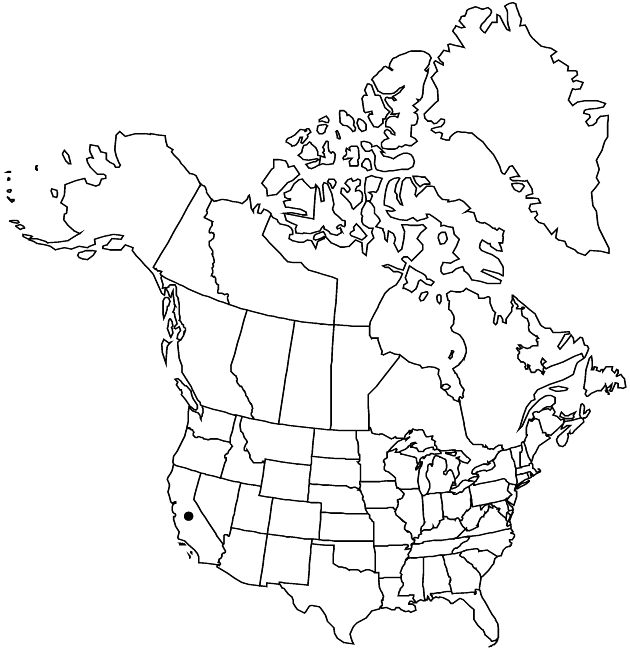Isocoma menziesii var. menziesii
Synonyms: Haplopappus venetus subsp. oxyphyllus (Greene) H. M. Hall Isocoma oxyphylla Greene Isocoma veneta var. oxyphylla
Revision as of 20:42, 27 May 2020 by imported>Volume Importer
Stems erect or spreading, rarely decumbent; herbage glabrous, eglandular. Leaf blades narrowly oblanceolate, 15–30(–40) × 3–8 mm, not thick-fleshy, margins entire or with 1–2 pairs of teeth or shallow lobes distally. Heads in corymbiform arrays. Corollas 5.5–6.5. Cypselae 2.5–3.5 mm. 2n = 24.
Phenology: Flowering (Apr–)Aug–Jan.
Habitat: Chaparral, scrub communities, dunes or sandy flats, sandy arroyos, stream banks, edges of saline ponds, rocky canyon walls
Elevation: 0–400(–1100) m
Distribution

Calif., Mexico (Baja California, Baja California Sur).
Discussion
Varieties vernonioides and menziesii appear to be completely intergrading. Glabrous or glabrate plants with entire leaves are identified as var. menziesii; those with leaves prominently toothed, as well as plants prominently villous but with more weakly toothed leaves, are identified as var. vernonioides.
Selected References
None.
Lower Taxa
None.